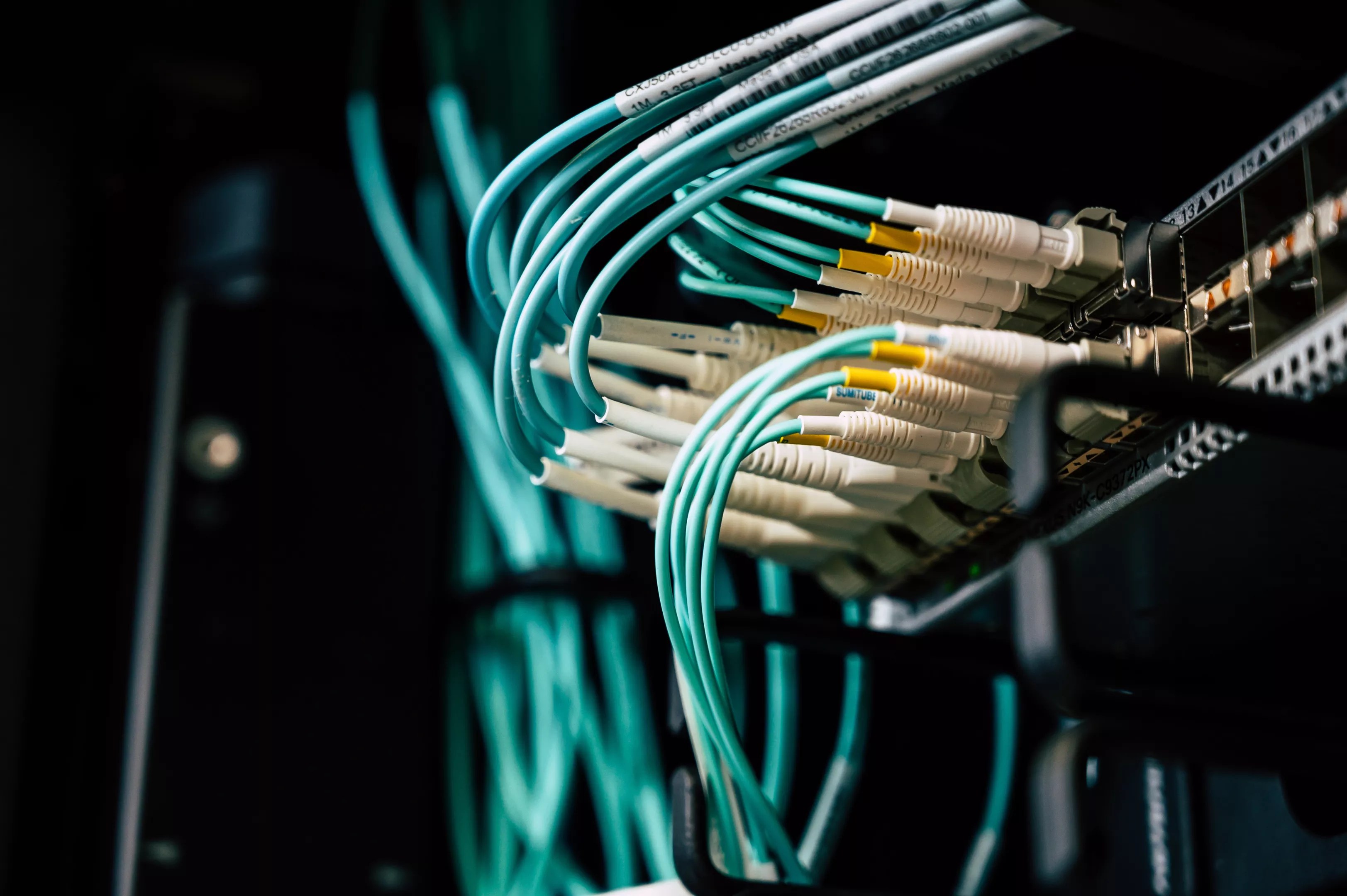
Pexels

Audio By Carbonatix
It’s been decades since homes became connected to each other through the spread of the Internet. But some households, particularly in lower-income neighborhoods, are still not linked to what has become an essential part of navigating the world.
That’s why proponents of municipal broadband hope Denver City Council will refer an initiative to the ballot in November 2020 that would allow the city to explore implementing broadband Internet that is accessible to all residents.
“I think that our youth should have equal access to the Internet,” says Cory Trimm, a Denver tech professional who has been pushing for a municipal broadband ballot initiative for over a year. Trimm and his friend Spencer McCullough wrote the original initiative, which was approved for signature-gathering last summer. But Trimm and McCullough have abandoned their initial plan and are instead hoping council will refer the measure to the ballot.
The initiative would allow Denver to opt out of a statewide ban on municipalities spending money on and pursuing their own broadband networks. If it passes, Denver could begin exploring options for municipal broadband, whether it be a city-run network or a public-private partnership with existing companies.
In 2005, the Colorado Legislature passed Senate Bill 152, which created the restriction to limit local governments from competing with the private sector. But there’s an opt-out clause in the law, which municipalities can utilize with a vote of the people. Since the bill passed, some 102 towns and municipalities and forty counties have opted out.
Municipal broadband ballot initiatives across the state generally pass overwhelmingly. Some municipalities, like Longmont, have pursued municipal broadband, while others have simply opted out of the restriction.
In an October 9 council committee hearing, Councilman Paul Kashmann urged his colleagues to support the ballot measure, with the hope that the legislative body will endorse the initiative in early 2020.
“It’s a crime that wealthy kids have high-speed Internet and poor kids may not,” Kashmann said.
There are efforts under way to connect lower-income Denverites to the Internet; for example, the Denver Public Library offers free Internet hot spots for check out. But there are only 115 hot spots available and more than 200 people on the wait list.
“The libraries with the most hot spot checkouts tend to be in areas that score lower on the Denver Opportunity Index – generally, neighborhoods that tend to have fewer households with Internet or broadband at home,” says Tracy Treece, digital inclusion manager at the library. “Gonzales, Hadley, Montbello, Athmar Park are kind of like the top four branches as far as hot spot checkouts.”
Kashmann suspects Internet providers will throw their weight behind the opposition. “I’m guessing our existing providers will be lobbying about why we don’t need to be free from [SB-152],” he said at the committee hearing. But he insisted that “seeking an exemption from SB-152 is not an attack on our current broadband providers.”
Comcast, one of Denver’s largest broadband providers, sent this statement to Westword regarding the proposed initiative:
“We know Denverites have a lot of choices when it comes to internet providers, and Comcast has made enormous investments to provide the best possible products and services in the City of Denver, and we are focused on continuously improving our customers’ experience. We believe it should be the collective priority for the City and Comcast to continue the strong partnership we’ve established, and foster an environment for innovation and technology advancement that connects more people to what matters most and that reduces barriers to connectivity,” wrote Comcast spokesperson Leslie Oliver.
Oliver pointed to Comcast’s “Internet Essentials” program, which offers Internet to anyone who is eligible for federal aid at a rate of $9.95 plus tax per month.
But Kashmann says that by opting out of the state law, the city could more easily negotiate with existing broadband providers so that more low-cost programs could become a reality.
“I think it would probably put us in a better bargaining position,” Kashmann said at the committee meeting. “To say to our existing providers, you know, we need something more from you here.”
He and other supporters of the initiative stress that it wouldn’t dedicate city funds to a new broadband project.
“A 152 [ballot initiative] is the starting point,” says Brandy DeLange, a legislative and policy advocate at the Colorado Municipal League. “It is square one for a local government to really explore anything that has to do with broadband. It doesn’t necessarily mean that a municipal government is providing broadband.”
At the committee meeting, Kashmann raised the possibility of using the city-owned fiber network for street lights as a way to build out municipal broadband. City officials say the existing network could be retrofitted for this purpose, albeit at a cost.
“The city’s current transportation communication network is a single-purpose network, which means it was built only to support the transportation system and we developed it utilizing federal transportation dollars,” Nancy Kuhn, a spokesperson for the Department of Public Works, wrote to Westword in a statement. “In other words, we designed our fiber-optics network for a specific purpose, which was to run traffic lights. However, it was built with extra capacity in the cables. That extra capacity is available, but the system would need to be redesigned physically in the field to move from a single-purpose network to an industrial-grade system to handle more functionality. It would require additional funding and resources to get that done.”